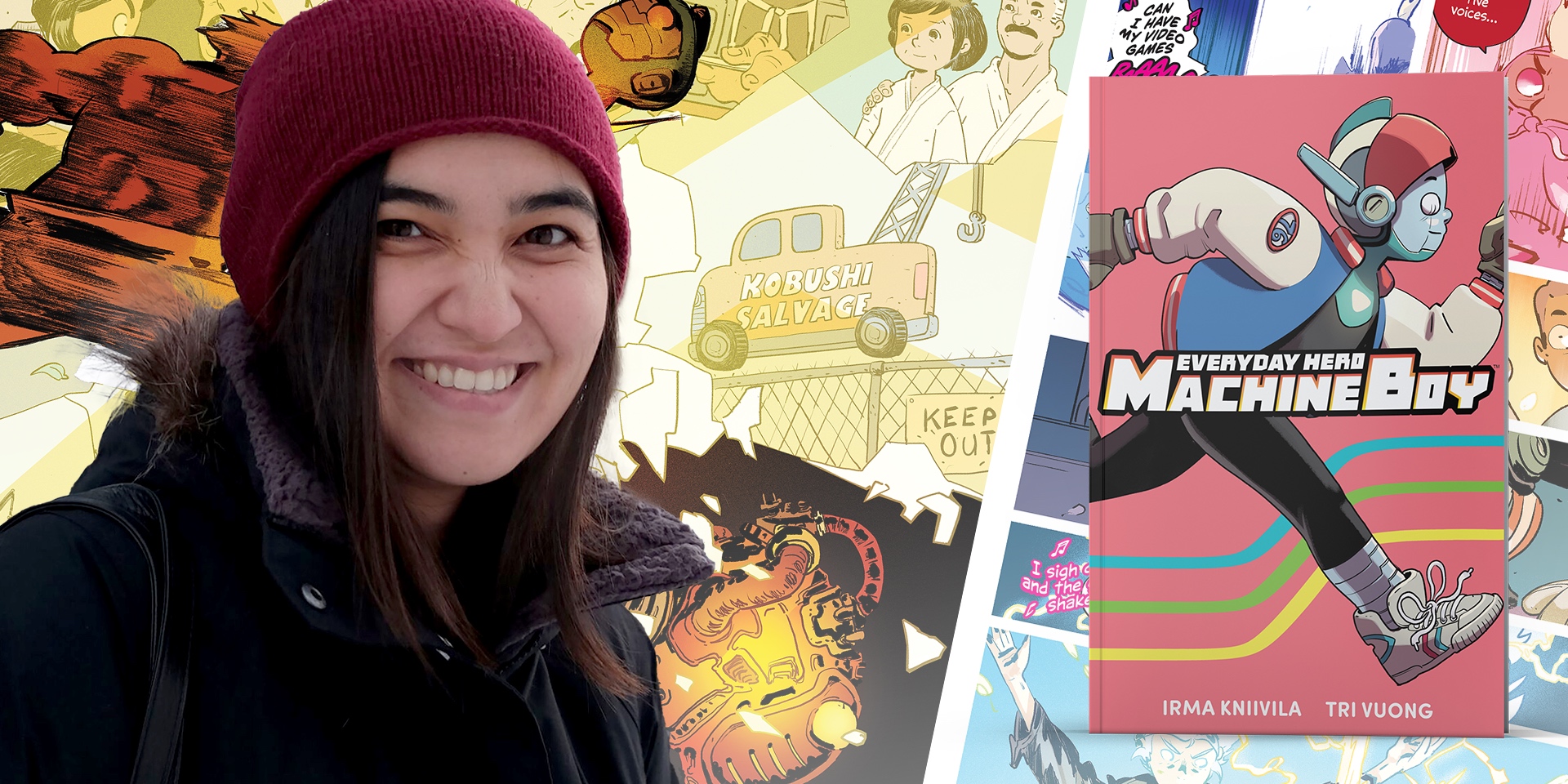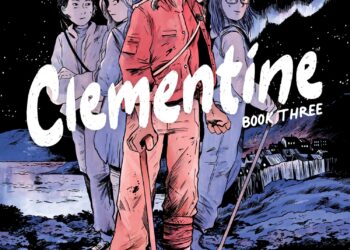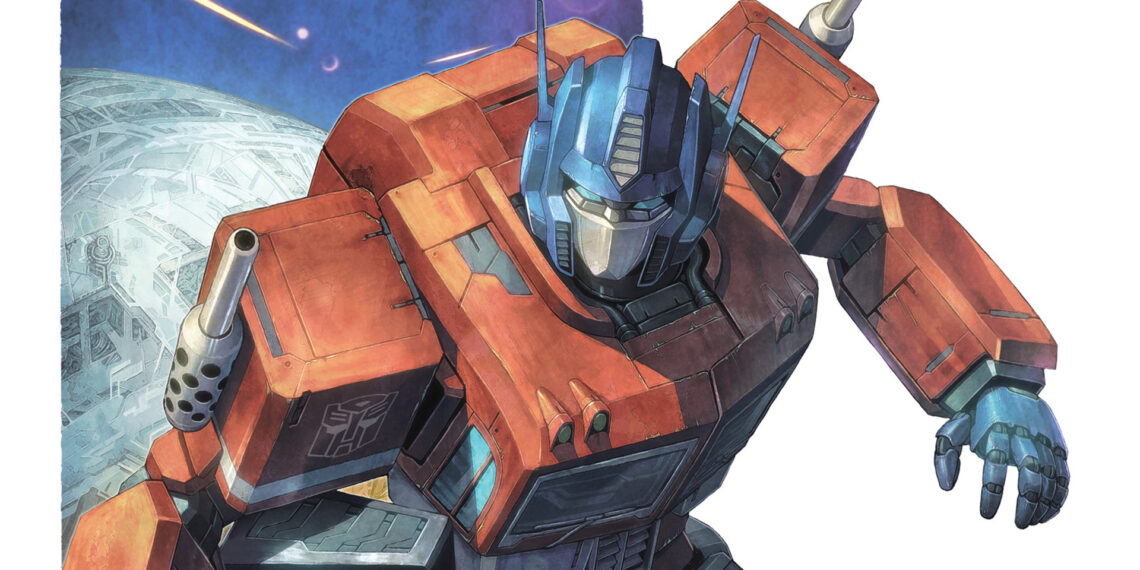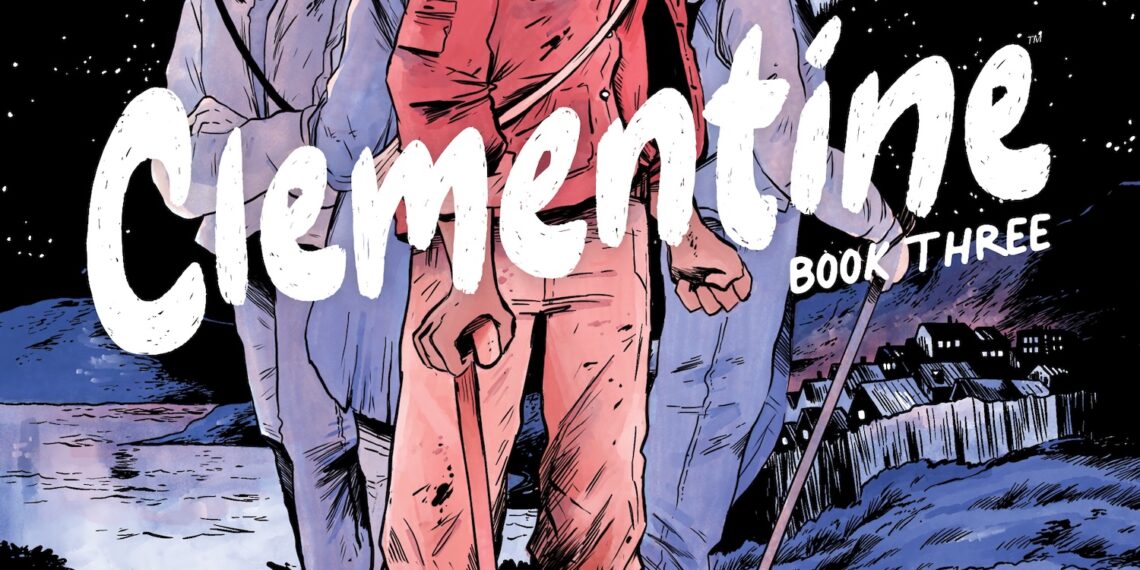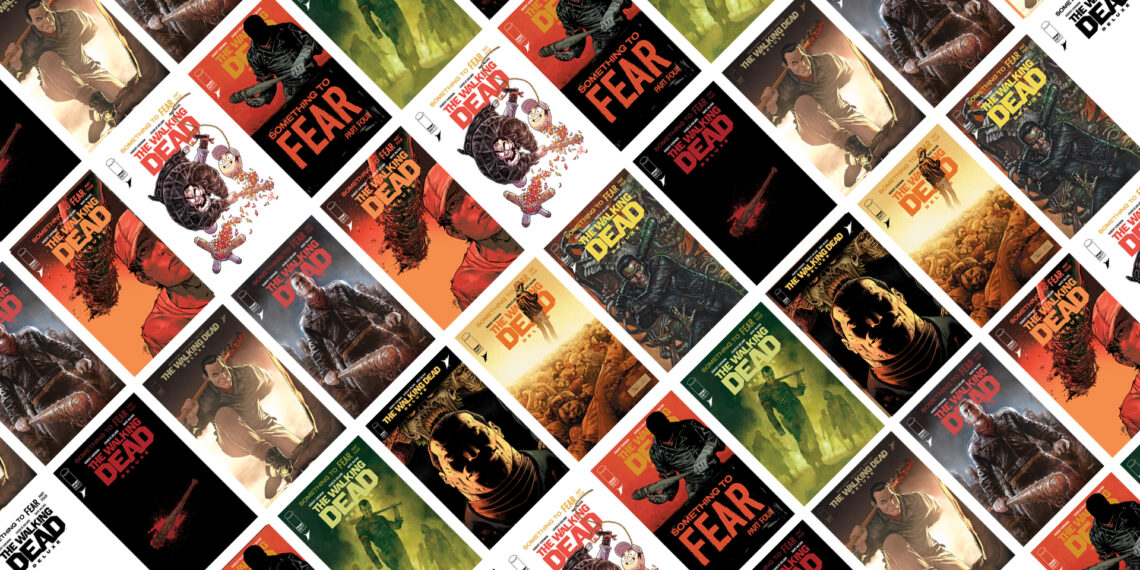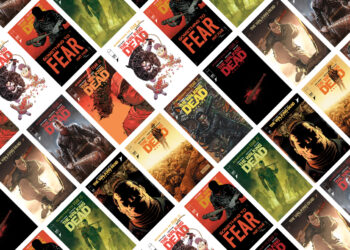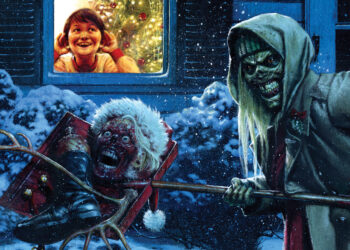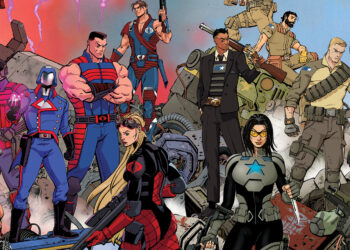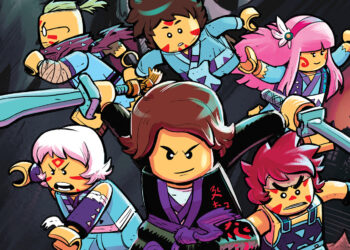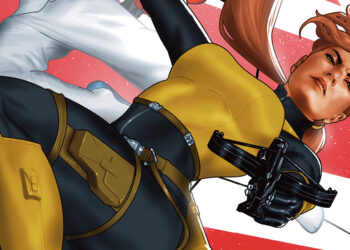In the grand tradition of Frankenstein, Pinocchio, and Astro Boy, Irma Kniivila and Tri Vuong’s Everyday Hero Machine Boy tells the tale of a young synthetic human seeking to find his place in the world. Albeit with a 21st century, K-pop-influenced twist. As part of our series of interviews celebrating Women’s History Month, we sat down with Irma Kniivila to discuss the origins of her hit YA graphic novel. Here’s what she had to say…
Everyday Hero Machine Boy is such a fever dream of a book. It reads like the work of diehard comics fans who wanted to do something different with the medium. Did you grow up with comics? Which ones informed your work?
Yeah. Both Tri and I, we grew up with a lot of anime and manga. So that’s probably the biggest influence coming into it. And part of the influence was video games. With Tri more so, things like Megaman. I used to really love RPGs when I was growing up, like Final Fantasy and things like that.
I don’t know if it’s a conscious influence. But there is definitely a lot of stuff in those games that just doesn’t really make a lot of sense. Like, in Final Fantasy IV — or II in America — at one point you just get in a whale and you go to the moon. Then you go fight your battles on the moon. [Laughs.] There’s just something about that kind of thing where you’re like, “Well, why not?” If it’s something that is fun and made us laugh, then usually we would just throw it in.
Obviously, to Skybound’s credit, they were like, “As long as you can make it make narrative sense, then the sky’s the limit. Just do whatever you want.” So that was nice. There was never really any pushback to make more sense. They were like, “That’s great that you guys just go with your instincts.”
How did you come to work with Skybound?
It was actually through Tri. He was working on a comic for Webtoons called The Strange Tales of Oscar Zahn. Ariel, our first editor who is no longer with Skybound, she had been on the hunt for new creators and had seen that comic. Tri and I were sitting next to each other in a studio at the time, working on this anthology, in which we kind of had very similar sensibilities in terms of storytelling. So we’re like, “Let’s do like a 10-page short together.”
Then we created this 10-page short called Everyday Hero Machine Boy. From there, it was just perfect timing. I think Ariel had reached out and Tri said, “Here’s this short that we did. Is this anything?” Then it just went from there. It was originally supposed to be six 20-page issues. We got three issues in and the team was like, “I think this is maybe more of a graphic novel.” So yeah, it was a very non-linear path to where we ended up.
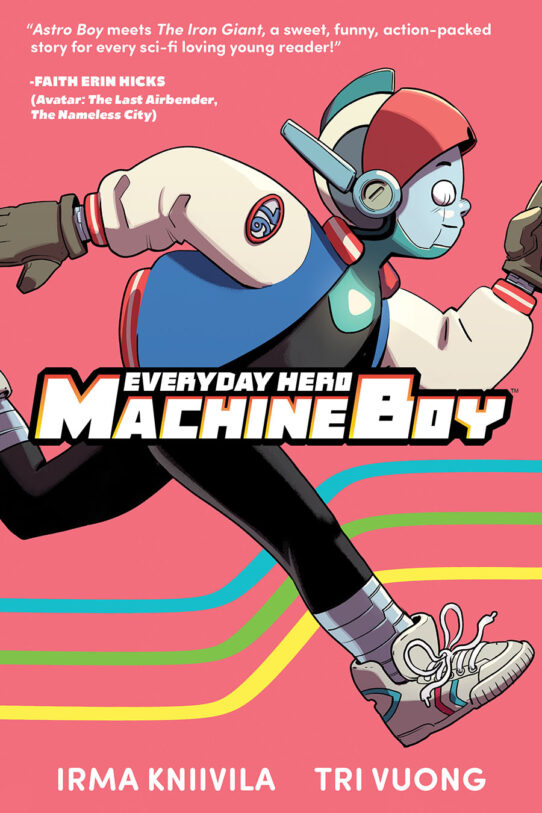
The book recalls pop cultural touchstones like Astro Boy or Battle Angel Alita, but it never feels derivative of them. How did you sidestep that trap?
I hope we manage to sidestep that. It’s nice if you think so. On the Astro Boy front, it’s kind of funny, because neither Tri nor I have ever actually read or seen Astro Boy. But I know enough about it culturally that I’m just like, “Aw, man…” I don’t know. Maybe because there’s two of us, and we are bringing all the random crap we were thinking about and had thought about in our lives to the table, that it just ended up like that. The stew pot of influence was like, “Just throw everything in there.” Not just comics and games and stuff. Music was huge. Tri and I were really fascinated by the bizarro world of K-pop. So that fell in there, and just a lot of life stuff.
We would just be chatting about things like high school. His experience of going to high school compared to my experience of going to high school. Then somehow those kinds of things were woven in there as well. Things about family. We would just chat a lot about general stuff before making a book together. So that just kind of subtly or unsubtly worked its way in until it just became this package of everything.
Did the relationship between you two influence the relationship between Machine Boy and his best friend Bea?
Probably. It’s never like, “This is exactly how it is.” But yeah, in previous interviews we have talked about how the process of making that book was so easy…then it was the most difficult thing ever. Where suddenly we’re diverging in ways and then just trying to find that middle ground again. Actually having to put effort into it just became so difficult. But, in the end, it was a very good thing to go through.
The book is somewhat complex in its relationships. When Machine Boy first arrives, for example, he accidentally kills the man who turns out to be his grandfather.
Life is so complicated. Everything is so complicated, it’s never one thing. Grandma is, in some ways, kind of like a saint. She takes in this boy who in some ways killed her husband, and she’s very good about it. But they still have their struggles. There’s a point where she’s really furious because she thinks that he’s funny. He has been lying to her, but she sort of interprets it in one way. They have to come back together in that way. So it’s not just because she decides “OK, I’m gonna take this direction in life instead of this direction.” That just feels like life.
Again, I don’t think that we chose to be this way, but it just feels more like it. I would rather read a story about someone who chooses the more difficult path than, than one of immediate vengeance. Or a saccharin tale of true acceptance. [Laughs.]




